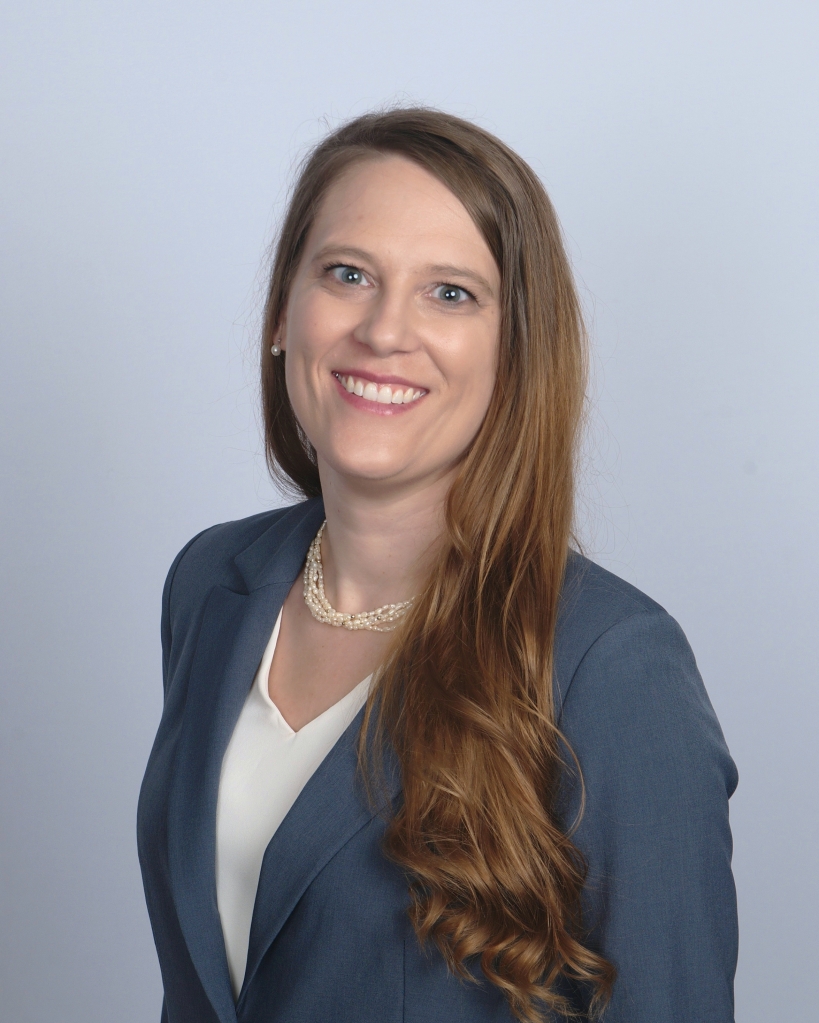

So I challenge you to read, walk, get your hands dirty, provide joy to a senior citizen, let someone else go first in line, smile at a stranger, compliment someone, accept a compliment. Service is self-care and self-care is service.
Meaghan Denniston
University of Tennessee College of Law, Class of 2023
Burnout is not a new phenomenon. Traditionally talked about within the healthcare field, the global pandemic has raised the curtain on these feelings throughout the American workforce. Burnout is still present in healthcare but also manifests in other contexts, particularly in education and the legal profession.
To define, burnout is a prevalent feeling of exhaustion, hopelessness, and detachment that seeps into personal areas beyond the career field. Burnout is not, generally, self-inflicted. Instead, it stems from the burdens and expectations placed on a role without the adequate balance of rest or mental recouperation required to alleviate the constant stress. Sometimes interchangeably referred to as “compassion fatigue,” burnout is really the beginning component of the overall phenomenon. Alleviating the stress that burnout places on one’s physical and mental health can stop the escalation into the overwhelming and all-encompassing condition of compassion fatigue.
A solution to alleviating the burdens and redefining the expectations of our professional and personal lives presents itself as a large task—a task much larger than one person can accomplish. But the magnitude of the task does not eliminate the benefit individual steps offer towards breaking the burnout cycle. So, what can we do?
It’s simple. Service.
Now hear me out. I know some of you are thinking: “I am overwhelmed, exhausted, and depleted. How am I going to give more of myself?” And I understand that. So, let me clarify.
Beyond the student, the attorney, the parent, the caretaker, we are people. Individual people with hobbies and interests that, believe it or not, extend beyond the professional and societal roles we hold. What if we could tap into those interests and not only help the community but also help ourselves?
In the legal profession pro bono work is a well-known method of service. Providing easier accessibility to the justice system is an important ambition within our current society. The law can appear to be a broken, disjointed, and complicated system of rules that preys on or burdens the disadvantaged. While providing free legal services to the underprivileged is important, this post is not about pro bono work. Rather, I am talking about a broader concept of service.
Expand your horizons and your interpretation of service, especially within the legal profession. Is it not service to read to school children and broaden their awareness of their world? Is it not service to volunteer at a pet shelter, or a horse rehabilitation program, or a senior citizen center? Is it not service to help plant a community garden or clean up a park?
These acts of service help the community. They also provide a tangible connection between the community and the legal profession. Providing a non-legal service has the potential to change the image of the legal system. A new vision on who a lawyer is—an individual that cares about the person needing assistance—can foster an enhanced level of trust in the justice system for those that need these services the most. People may be more willing to seek access to legal services if they have a positive and supportive interaction with a lawyer that is unrelated to a legal need.
But most importantly, service humanizes our role as lawyers. When we have moments of peace, moments of giving, moments of satisfaction in our task, we heal. Beginning this healing process elevates the work we can do for our clients. When we start to heal, we can continue, or maybe restart, to thrive—within and outside our profession. But when life becomes too entrenched in a role instead of a holistic view of being, the apathy begins. And once it begins, it is an all too easy descent straight to burnout.
So, I challenge you to read, walk, get your hands dirty, provide joy to a senior citizen, let someone else go first in line, smile at a stranger, compliment someone, accept a compliment. Service is self-care and self-care is service.




